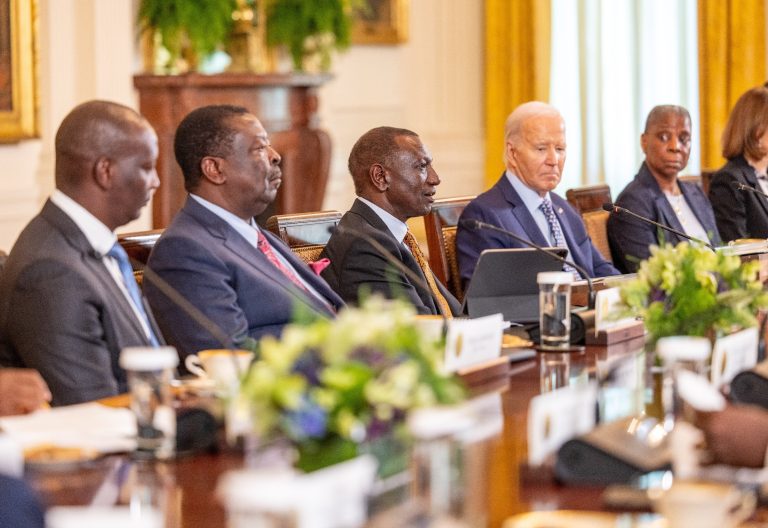African business chiefs rooting for carbon tax to up climate resilience

MONEY: More than 90 per cent of African business leaders believe a well-designed global carbon taxation regime can boost green growth and shield communities from negative impacts of climate change, a new research shows.
According to the survey dubbed “Zeronomics” by Standard Chartered Bank more than half of companies are not transitioning fast enough, leaving them in danger of missing the Paris Agreement target of net-zero carbon emissions by 2050.
Amajority of the companies, it points out cite funding as an obstacle and carbon-intensive industries with emerging-market companies struggling the most, Bill Winters, Standard Chartered Group CEO said the survey revealed xmost companies intend to transition to net zero by 2050 but have yet to take the action needed to get there.
He said successful net-zero transition must be just, leaving no nation, region or community behind and, despite the hurdles, action needs to be swift.
“We must act now, and we must act together: Companies, consumers, governments, regulators and the finance industry must collaborate to develop sustainable solutions, technologies and infrastructure,” Winters said.
The study surveyed senior leadership of 250 large companies and 100 investment specialists between September and October 2020.
It found that a good number of companies are delaying transition because they do not feel they are currently equipped to meet the target.
It said that 78 per cent of African executives believe that financing, regulatory and governance bottlenecks had derailed action on carbon emissions hence exposing the continent to adverse impacts of climate change.
The launch of Zeronomics which examines the economics of transitioning to a net-zero carbon future comes at a time when Africa continues to be largely left out of the picture so far as more countries, cities, investors and businesses set net-zero emissions goals around the globe.
Revamp policies
Of its 54 countries, only South Africa has set a net-zero aim – and failure to revamp policies to benefit from a global low-carbon shift may mean Africa misses out on investment, according to Wendy Hughes, a carbon markets manager at the World Bank Group.
But officials from the continent said with sub-Saharan Africa currently producing less than 4 per cent of global emissions, “carbon-cutting” goals have limited relevance, with most African nations focused instead on creating jobs and economic growth.
“Without the financing, it’s hard to have that incentive,” said Damilola Ogunbiyi, special representative of the U.N. secretary-general for Sustainable Energy for All, noting investment in low-carbon energy systems in Africa had lagged, reports by Reuters indicate.














